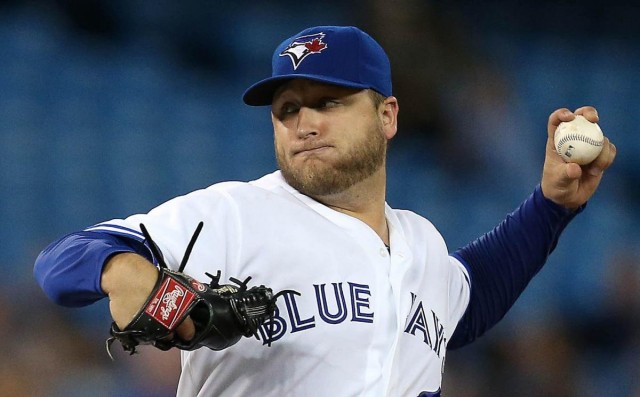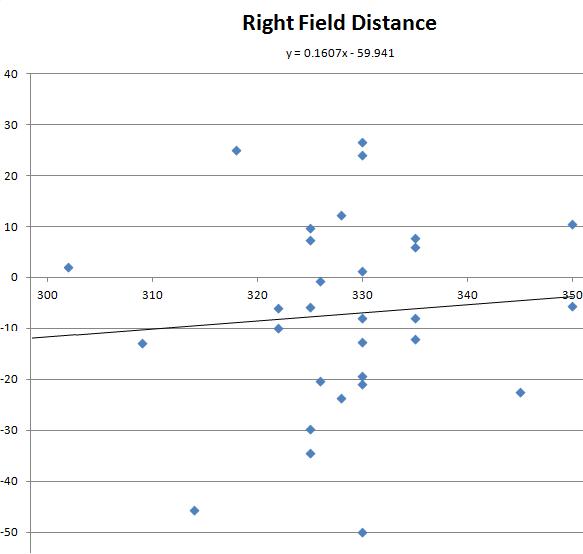
Which Ballparks are the Most and Least Profitable for Left Handed Pitchers?
Over the years, we’ve discussed a number of historical advantages that bettors should consider before placing a bet. These range from smaller edges like home teams and underdogs in games with high totals to betting against the public and utilizing reverse line movement.
Most recently we published an article detailing how, after years of being arguably the most pitcher-friendly ballpark in baseball, Petco Park in San Diego had quietly become one of the best stadiums for “over” bettors. This research raised a number of questions regarding how bettors could better capitalize on the unique dimensions of each ballpark.
It is 355-feet down the left field line at historic Wrigley Field in downtown Chicago while Boston’s Fenway Park has the 37-foot high Green Monster located just 310-feet down the line in left. The right field power alley at the Giants’ AT&T Park is 421-feet away while the Yankees’ right field porch is a boon for left-handed power hitters at 385-feet. The fact that two fields can differ by 36-feet exemplifies why baseball is one of the most unique sports, and also sheds some light onto why some stadiums have consistently lower totals than others.
Since most power bats are pull-hitters, it would only stand to reason that short left field walls are advantageous to right handed batters while short right field walls would benefit left handed hitters. Because left handed pitchers often struggle against right handed hitters, we surmised that lefties would be more profitable in ballparks with deep fences in left field.
The table below displays the record for left-handed pitchers at all 30 MLB ballparks along with the distance down the left and right field lines. Duplicates have been hidden; meaning any game with two left-handed pitchers is not included.
Obviously this is an imperfect metric as the league’s most profitable lefties (including Mark Buehrle, Jorge De La Rosa, Tom Milone, Gio Gonzalez, Wei Yin Chen and David Price) will skew our results. However, by charting our data on a scatter plot and determining the line of best fit, we’re able to analyze any potential edge for left handed pitchers.
Although our research did not reveal any particularly profitable edges for bettors, we did notice a direct correlation between deeper right field walls and greater profits for left handed pitchers. Strangely, our original hypothesis that left handed pitchers would benefit from deeper outfield fences in left field was quickly disproved. This would seem to indicate that deeper fences do not adversely affect right handed pull hitters when they’re facing a lefty.
Have any questions for the staff at Sports Insights? Utilize our live chat to speak with a customer service representative or e-mail us at help@sportsinsights.com.
David Solar is the Content Manager for Sports Insights and can be reached directly at David@sportsinsights.com.



No Comments